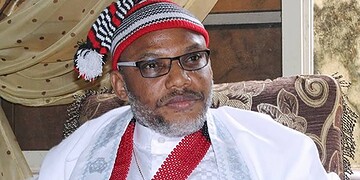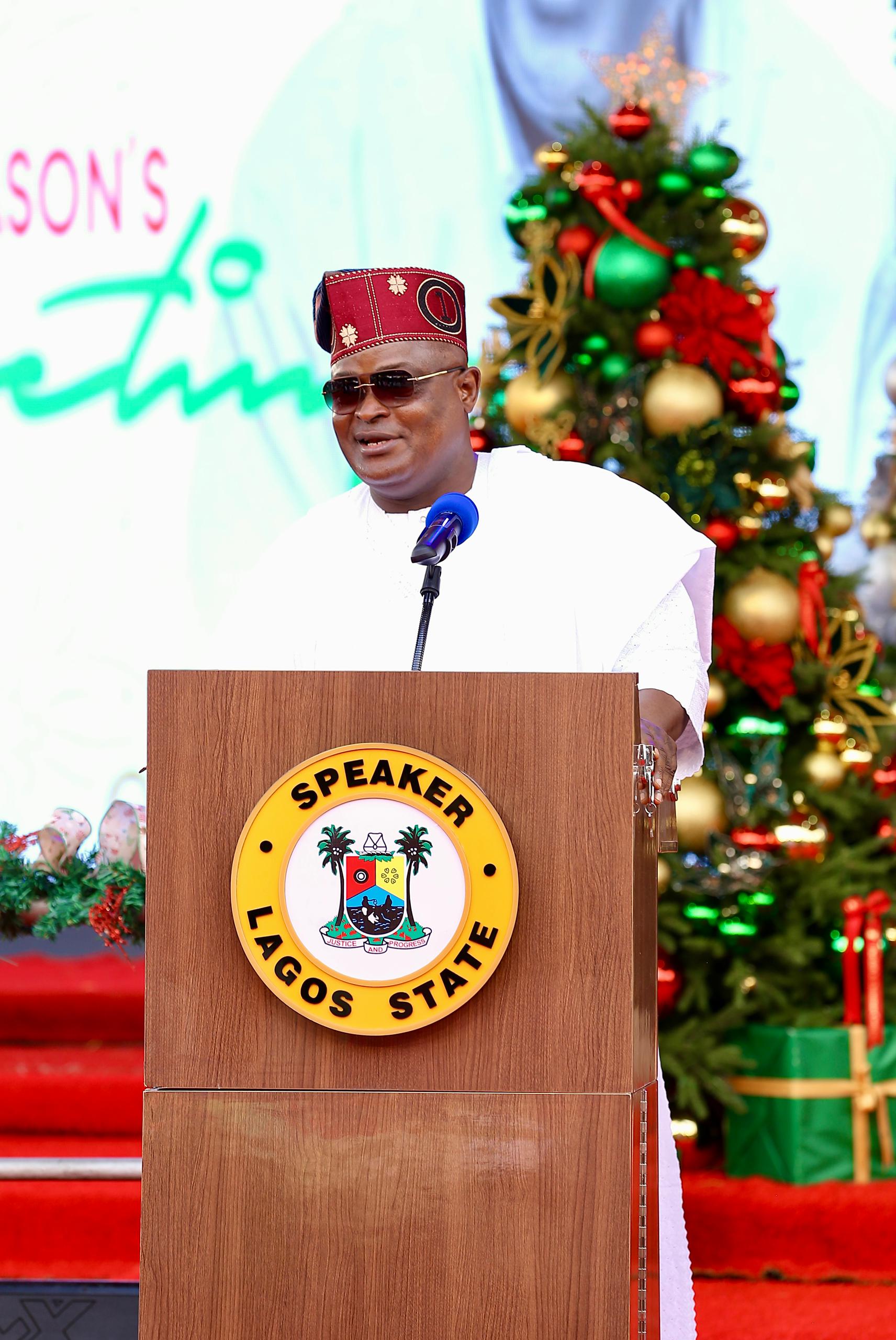Shettima champions funding resilience, urges investment in disaster prevention to reduce costly relief. NEMA unveils 2025–2030 disaster strategy
Shettima champions funding resilience as the Vice President of Nigeria calls for urgent, proactive investment in disaster preparedness to save lives and reduce the economic burden of emergency relief.
Also read: Ben Murray-Bruce defects to APC, praises Tinubu’s reforms
Speaking in Abuja on Monday, October 13, at the 2025 International Day for Disaster Risk Reduction (IDDRR), Senator Kashim Shettima warned that Nigeria can no longer afford to remain reactive in the face of recurring natural and human-made disasters.
Themed “Fund Resilience, Not Disasters”, the high-level event was hosted by the National Emergency Management Agency (NEMA) and brought together senior government officials, National Assembly members, humanitarian partners, and representatives of the United Nations.
Shettima urged all levels of government to integrate disaster risk financing into national development strategies, noting that every naira spent on resilience today prevents much higher recovery costs tomorrow.
“It is wiser, cheaper, and more humane to prepare for disasters before they strike than to rebuild after they destroy,” Shettima said.
He continued:
“We have seen floods wash away farms, erosion swallow roads, and fires raze entire markets. These are not distant tragedies—they are happening in our communities. If we fail to invest in resilience, we will keep spending our scarce resources mopping up after preventable crises.”
The event marked the official launch of the NEMA Strategic Plan (2025–2029) and the National Disaster Risk Reduction Strategy (2025–2030).
These documents place emphasis on risk-informed development, innovative financing, and inter-agency collaboration.
NEMA’s Director-General, Mrs Zubaida Umar, said the new framework would shift Nigeria from a reactive to a resilience-focused model, addressing rising threats from climate change, conflict, pandemics, and technology-related risks.
“We are developing a National Risk Monitoring and Information Platform for early warnings and investment planning,” she said. “Innovative financing tools like catastrophe bonds, insurance pools, and climate funds are crucial to our long-term disaster reduction goals.”
She also called for all sectors—agriculture, infrastructure, energy, education, and health—to mainstream resilience planning.
Governor Dauda Lawal of Zamfara State, Deputy Speaker of the House, Hon. Benjamin Kalu, and other lawmakers expressed strong support for NEMA and endorsed increased investment in disaster prevention.
Dr Yusuf Sununu, Minister of State for Humanitarian Affairs and Poverty Reduction, reaffirmed the Ministry’s alignment with NEMA’s vision.
“We must prioritise preparedness, not just relief. Our partnership with NEMA will continue to deepen as we respond more effectively to Nigeria’s growing risk landscape,” he noted.
Vice President Shettima also appealed to the private sector, civil society, and research institutions to actively participate in building national resilience.
“Resilience isn’t built by government alone—it must be embedded in how businesses operate, how communities function, and how our urban spaces are planned,” he stressed.
The unveiling of the new strategy and framework marks a significant milestone in Nigeria’s push towards proactive risk governance.
With climate change and urbanisation increasing exposure to disasters, officials say there is no time to waste.
As Senator Shettima aptly concluded:
Also read: Joy Ogwu dies at 79 in New York after stellar UN career
“Every investment in resilience is, in truth, an investment in the lives and futures of our people.”
Source: Read more at punchng.com
























